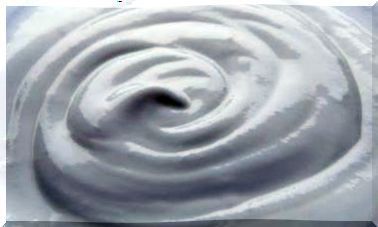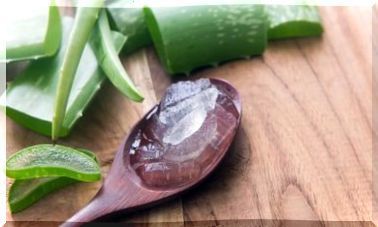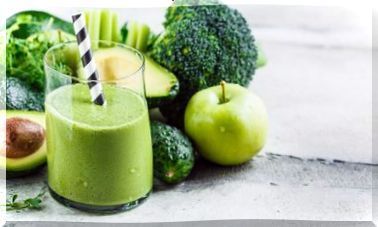8 Foods Rich In Calcium
It is increasingly necessary to incorporate foods rich in calcium into our diet. It is one of the most important minerals for the well – being of our body. It is responsible for helping to form strong bones and teeth, as well as participating in the functions of the nervous system.
According to the National Institutes of Health , the daily amount of calcium required by the body varies according to age, as its consumption should be higher during childhood and old age. On average, an adult between 19 and 50 years of age should ingest 1000 mg of calcium per day. From the age of 51, that amount should increase to 1200 mg to counteract the loss of bone density.
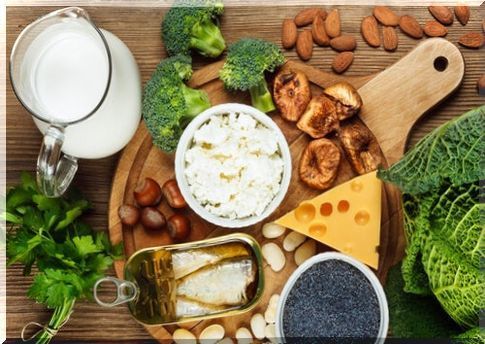
The body also requires calcium to have good blood circulation, release hormones and enzymes, and maintain good muscle movement. However, for it to be absorbed in adequate amounts, it is essential to receive a good dose of vitamin D, present in various foods and produced by the body after exposure to the sun.
The World Health Organization (WHO) warns that calcium deficiency is one of the leading causes of osteoporosis, cardiovascular disease, and colon cancer. Because of this, you should try to maintain adequate levels of calcium through a diet rich in foods that contain it.
Next we are going to share its main natural sources so that you can start consuming them more regularly. Get to know them!
Discover foods rich in calcium
Egg
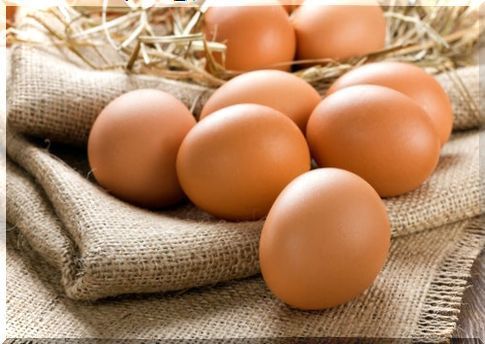
The yolk of eggs has a significant amount of calcium, although its highest percentage is contained in the shell. To take advantage of this source of calcium, the peel must be ground to facilitate its consumption in smoothies, soups, rice and many other recipes. There are also some recipes where they leave it to soak in liquid for a few hours. In this way, a progressive softening is achieved and it is more pleasant to the palate.
Spinach
This is one of the foods rich in calcium par excellence. For every 100 g of raw spinach you get up to 210 mg of calcium. This amount varies according to its preparation, since when cooked it is reduced to 158 mg.
However, they are not the most recommended food to prevent osteoporosis, since they also contain oxalates, a substance that hinders the absorption of calcium and other minerals.
Kale
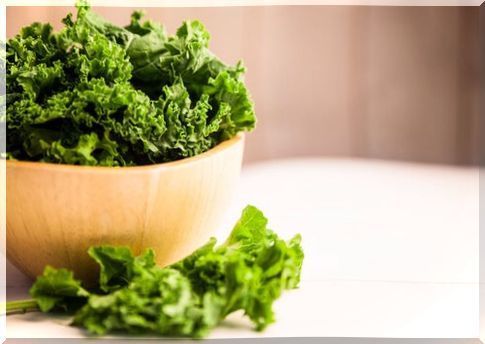
This food is also a good source of calcium, as each 100 g raw contains 150 mg. Unlike spinach, the calcium in this variety of cabbage is mostly absorbed.
Onion
Onion is a very healthy and low-calorie food that is recommended in almost all diets due to its high content of trace elements and vitamins. It contains 20 mg of calcium per 100 g, being a small source of this nutrient. Regular onion consumption is associated with a lower risk of bone problems in post-menopausal women, according to a study published in the journal “Food & Function.”
However, it stands out that it supports the absorption of nutrients, which is quite beneficial.
Soy
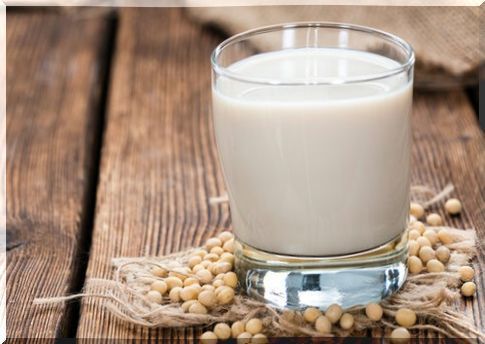
Soy is estimated to have almost the same amount of calcium as cow’s milk. It contains an isoflavin called daidzein that is linked to the prevention of osteoporosis, according to several scientific studies.
Each 100 g of soy contains 102 mg of calcium, which our body assimilates very easily.
Garbanzo beans
Among the richest legumes is calcium, chickpeas occupy one of the first places. Each 100 g of this food provides between 130 and 134 mg of calcium. However, its disadvantage is that it contains oxalates and phylates that complicate their absorption in the digestive process.
Sardines
Each 100 g of sardines provides between 44 and 46 mg of calcium, regardless of its preparation. In addition to this, it should be noted that they are a food rich in omega 3 fatty acids, one of the most recommended nutrients for heart and brain health.
Cow milk
Contrary to what many people think, cow’s milk is not the greatest dietary source of calcium. Although we cannot deny that its contribution is significant, each 100 ml of this food provides only 120 mg of this mineral.
For its part, enriched milk powder does provide much more, since each 100 g contains 280 mg of calcium, in addition to proteins and vitamins A, B and D.
To keep in mind!
There are many foods rich in calcium. Despite the popular belief that dairy is the main source of this mineral, there are several types of vegetables that are high in this micronutrient. It is necessary to maintain a correct supply of vitamin D to facilitate its absorption as well as a correct bone metabolism.

